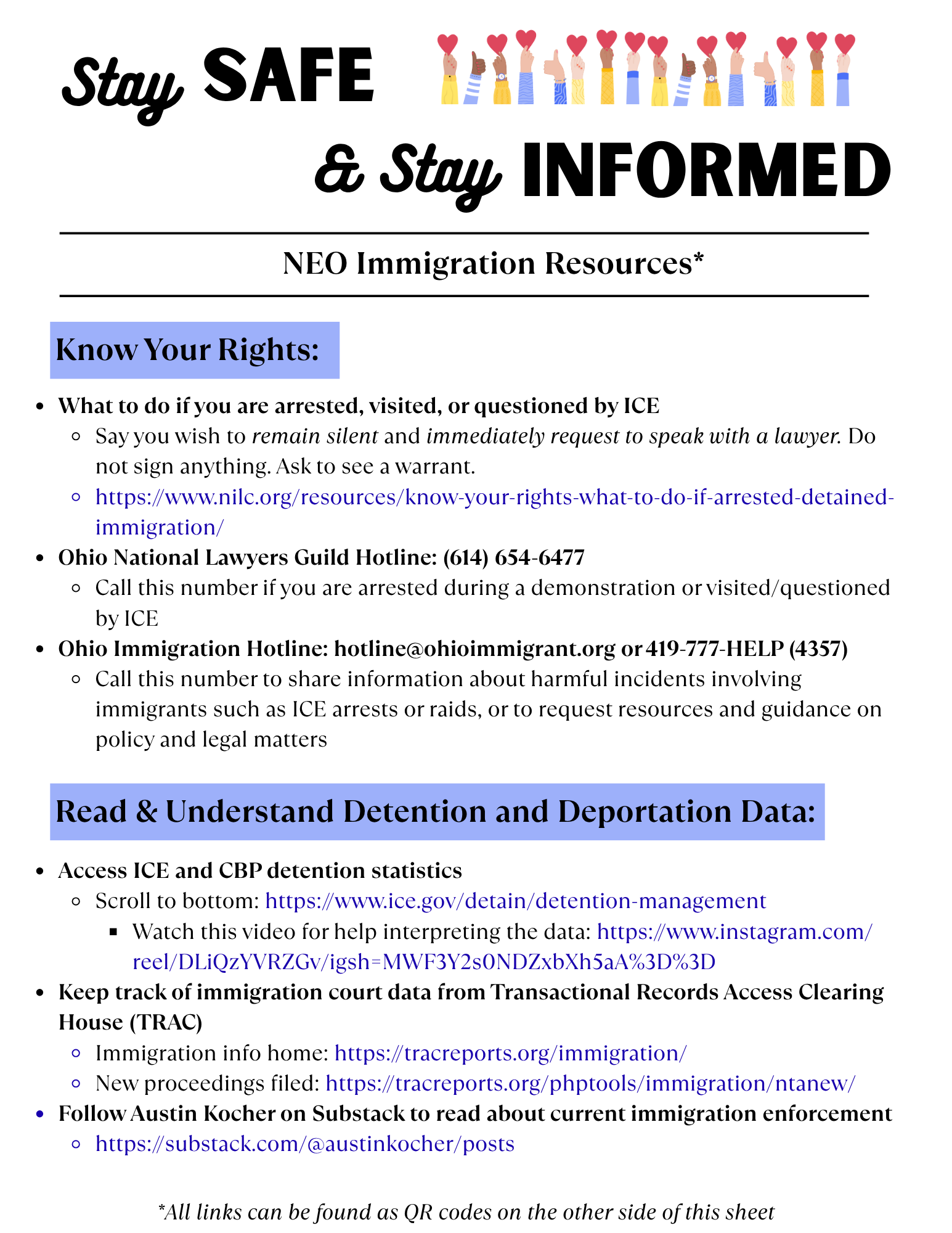Cristosal will be hosting this Field Notes conversation, An Update on the Authoritarian Playbook, in conversation with Ruth Ben-Ghiat. Ruth Ben-Ghiat is a professor of history and Italian studies at New York University and the author of Strongmen: Mussolini to the Present. She has spent years studying how authoritarian leaders consolidate power, and how those patterns repeat across countries and generations. Together with Cristosal Executive Director Noah Bullock, the conversation will look at how today’s authoritarian playbook is taking shape, drawing on Central America and global examples.
to register click here


